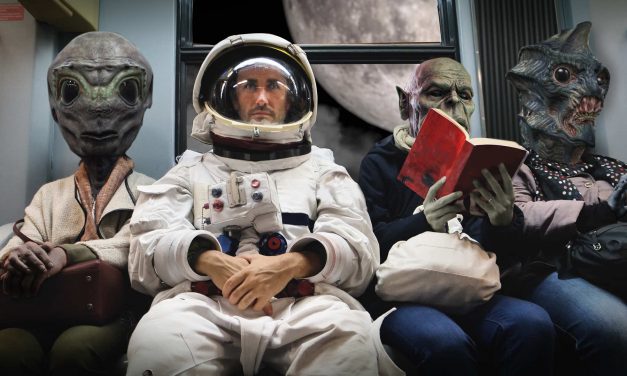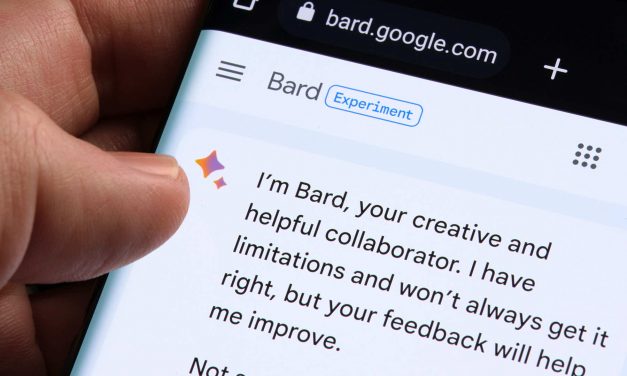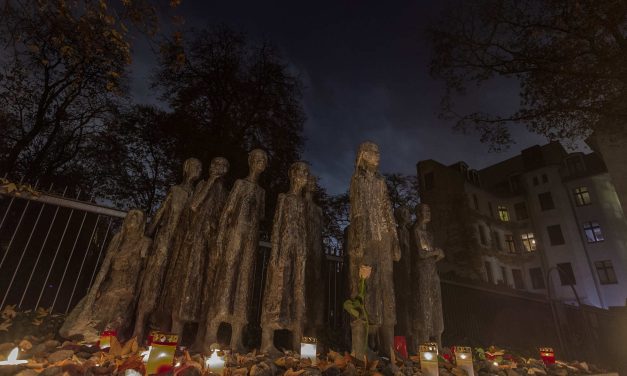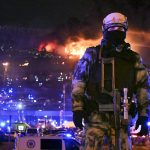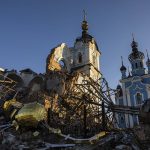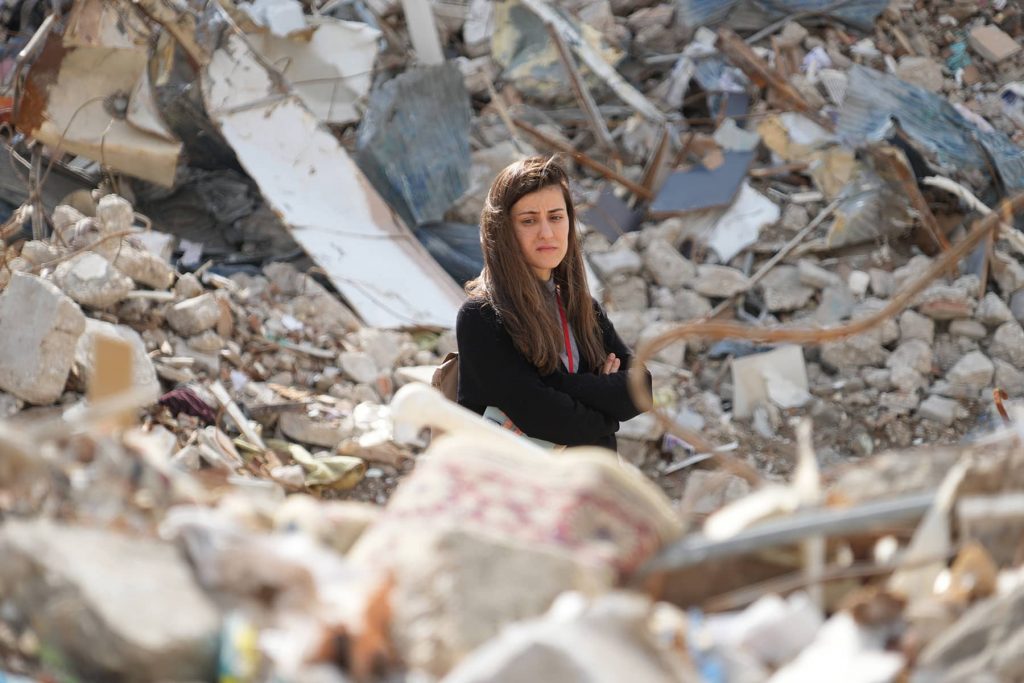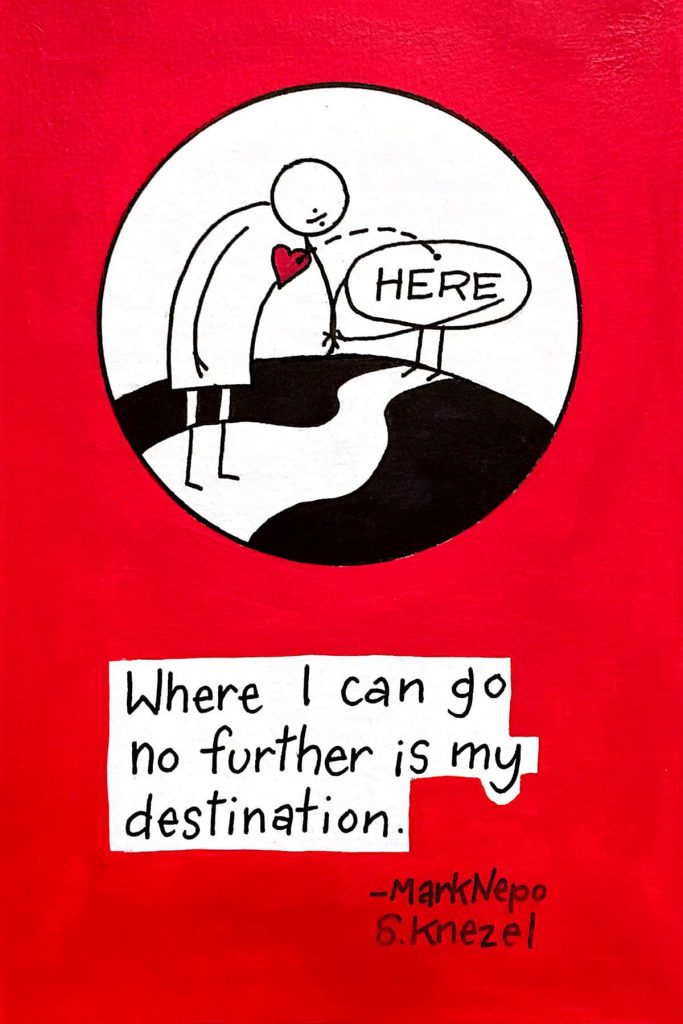Slow violence of contamination: The importance of shining a light on hidden toxic histories in America
By Elizabeth Kryder-Reid, Chancellor’s Professor of Anthropology and Museum Studies, Indiana University Indianapolis proudly claims Elvis’ last concert, Robert Kennedy’s speech in response to Martin Luther King Jr.’s assassination, and the Indianapolis 500. There’s a 9/11 memorial, a Medal of Honor Memorial and a statue of former NFL quarterback Peyton Manning. What few locals know, let alone tourists, is that the city also houses one of the largest dry cleaning Superfund sites in the United States. From 1952 to 2008, Tuchman Cleaners laundered clothes using perchloroethylene, or PERC, a neurotoxin and possible carcinogen. Tuchman operated a chain of cleaners...
Read More

